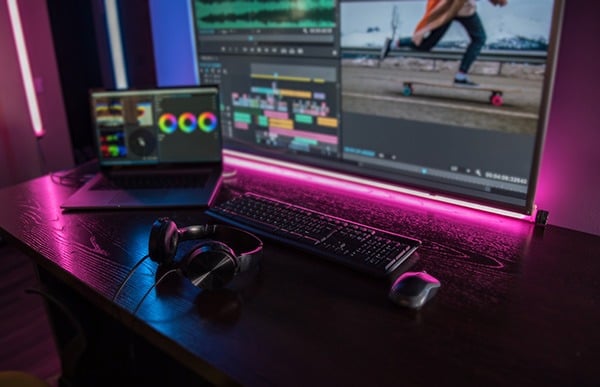Written, Audio, Or Video - Popular Digital Product Formats Explained

Digital information products can come in a variety of different formats. In
this article, I want to briefly go over some of the most common formats.
Think of this as an overview to help you in your decision making process
of what types of products to create. This is by no means an all-inclusive
list. Instead, we’re focusing on the most common and easiest to create
products. These are the types of information products you can create in
your home office without a lot of specialized knowledge or software.
Written Content Products
Let’s start with written content. This includes eBooks and short reports
along with workbooks, checklists, and various printables. These
information products are usually created with a word processor in either
MS Word or Google docs and compiled into a pdf file for easy downloading
and printing for your customers.
Audio Products
Audio products are voice recordings that are usually delivered as an MP3
file. This can then be downloaded to a smartphone or mp3 player for easy
listening on the go. Of course, most computers also have media players
that can play this type of file for your customers.
Audio recordings can be recorded conversations or interviews, podcasts,
audio books and the likes. If you prefer speaking your content over
writing it, this is a great option to consider.
Video Products
Video products are the most challenging to create from a technical point
of view. You need a webcam or camera to record and software to edit
your videos. They can then be saved and downloaded in a video file
format like MP4, or you can upload the file to a video site like YouTube or
Vimeo and allow your customers to stream the video from there.
Common video products include talking head videos, screen capture
videos, or how to videos. What format you choose will largely depend on
your target audience and your subject matter.
Feel Free To Mix and Match
It’s important to realize that you don’t have to choose just one format
and stick with it. People have different preferences and learning styles.
Some will appreciate a written guide, while others prefer to listen to an
audio version while they are commuting to work or going for a run or
watch a video on their laptop or tablet. You can add a lot of value to your
information products by offering them in different formats for your
customers. In other words, mix and match.
